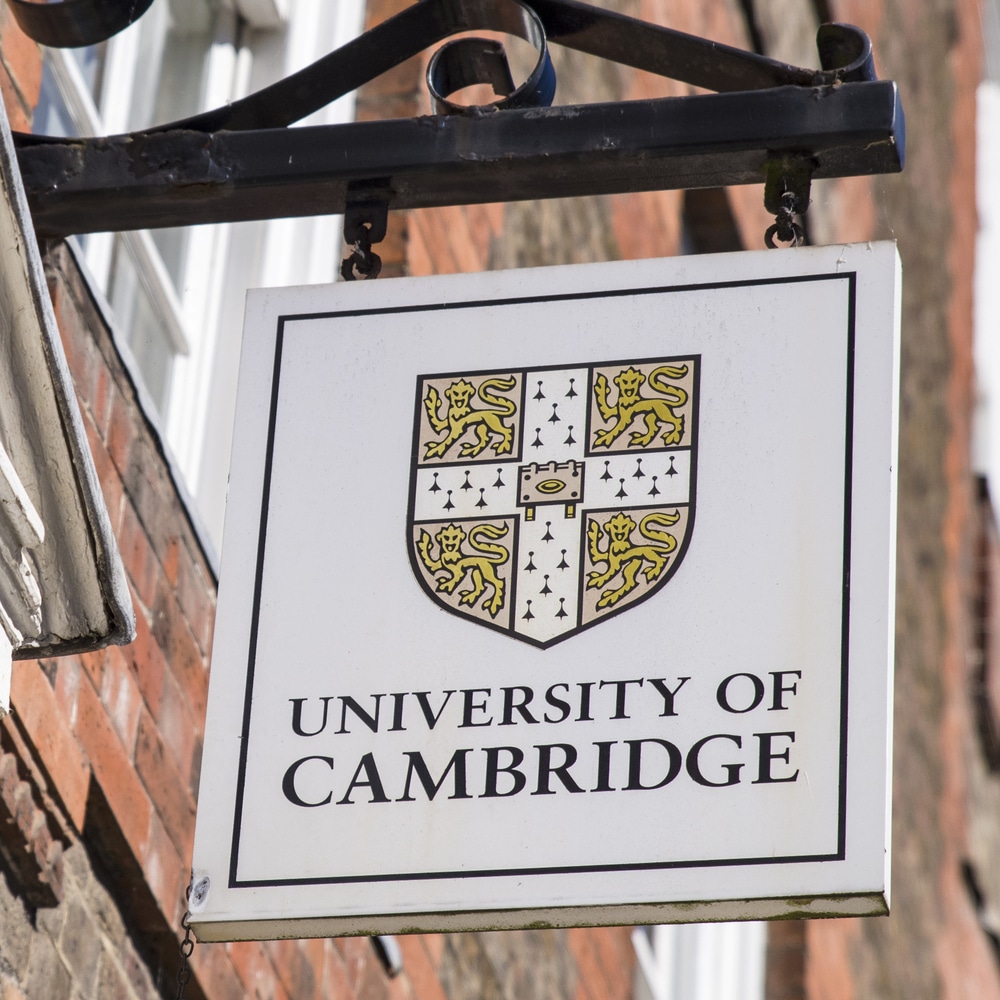
Trends in Education: Private Schools and Public Schools
According to a recent report by ISC Research, many families around the world are opting to send their children to private schools or international schools instead of the traditional route of public schools in their respective countries. It is also interesting to note that there is a global shift in the nationalities of student bodies in international schools.
The shift from public to private is partially due to the vast selection of schools that parents have access to in today’s world. The affluence of modern-day parents has allowed them to expand their options of schools for their children, which in turn, open doors for their children to get a higher chance of furthering their education abroad.
The following expands on some possible reasons that we believe may have contributed to this recent shift.
Private Schools and Public Schools: Education in English Medium

One of the most significant draws for international schools lies in the delivery of the lessons in English. English is the international language of the corporate world, and many graduates from non-English speaking countries are penalised because they are unable to speak or write English fluently. As a result, these graduates are unable to get a suitable job outside of their country. Therefore, many modern-day parents view the ability to speak and write English to be an essential part of their children’s education.
International schools mainly use English as their language of instruction, and it appeals to both parents and their children. Moreover, the dynamics of global education is perceived to give children a better chance in the job market after graduation.
Private Schools and Public Schools: Higher Performance in International Schools
According to the same report mentioned above, students studying in international schools obtained higher grades in three global qualifications, namely A Levels, International Baccalaureate (IB) and Advanced Placement (AP), even when they do not use English as their first language. There are also various reports highlighting the higher cognitive skills in children who attend private schools.[1] These reports emphasised the success of international schools in helping their students to acquire the English language and teaching them relevant skills for life.
Most parents associate international education with a higher chance for their children to get their dream career after graduation. This belief is strongly supported by studies and daily interactions with children attending private schools. Such an appeal drives more affluent parents to seek out international schools for their children.
Private Schools and Public Schools: Bridging the Link to University 
Parents realised that private schools collaborate with universities to offer counselling to students who are looking for an education abroad. These counsellors assist the students in making an informed decision between the various universities to find the most suitable one for their talents and capabilities. While reports reflected that the counselling programme is not at its best, it is still a service that public schools do not offer.
Parents view the service with a grateful mindset because not all of them are able to advise their children professionally. Moreover, the collaboration between universities and private schools also means that their children may have a higher chance of getting into their university of choice.
Private Schools and Public Schools: Shifting of National to International Curriculum for Private Schools
There is also a notable shift of private schools offering international curriculum (such as IB) in place of their national curriculum. The shift is possibly due to a two-tiered influence from parental expectations and demand. Parents are now more inclined to place their children in private schools that offer an international curriculum while living overseas. This demand reduces the need for a national curriculum in private schools. The parental perception that international curriculum provides a better educational environment for their children also affects schools which offer the national curriculum.

The expat community in every country would likely be vying for spots within private schools offering international curriculum, and that is a clear sign that expectations are changing. Beside the expat community, affluent local families are also looking to place their children in international schools for better exposure and the higher chance of overseas education in the future.
The shift simply means there are more options for both the expat and local communities in each country to place their children in private schools. When comparing private and public schools, parents tend to see a glaring advantage for private schools.
In Conclusion…
The difference between private and public schools may not be high in a country with a well-developed educational system, such as Singapore. However, disparities still arise across different schools as there is naturally a varied focus in the teaching materials. In countries where the educational system is not as developed, there are marked differences between private and public schools. When disparities arise between the schools, parents who recognise the benefits of private schools will choose to place their children in one of them, as long as they can afford the price of this privilege.
Therefore, it is worthwhile to do some research when you are looking for a school for your children. What works well for your friend’s kids may not be suitable for yours. It is vital to reach out to the school and like-minded parents to find out more about each option and determine which type of school is best suited to your children.
In case you missed it, we recommend you to read our previous article “Best International School in Singapore – Rated by Parent”. Our list of Best International Schools in Singapore is based on the evaluation given freely by those who know the schools best: parents, employees and alumni, with only the interest of helping other parents on their search for schools.
[1] Does School Type Affect Cognitive and Non-Cognitive Development in Children; School Quality and the Development of Cognitive Skills






